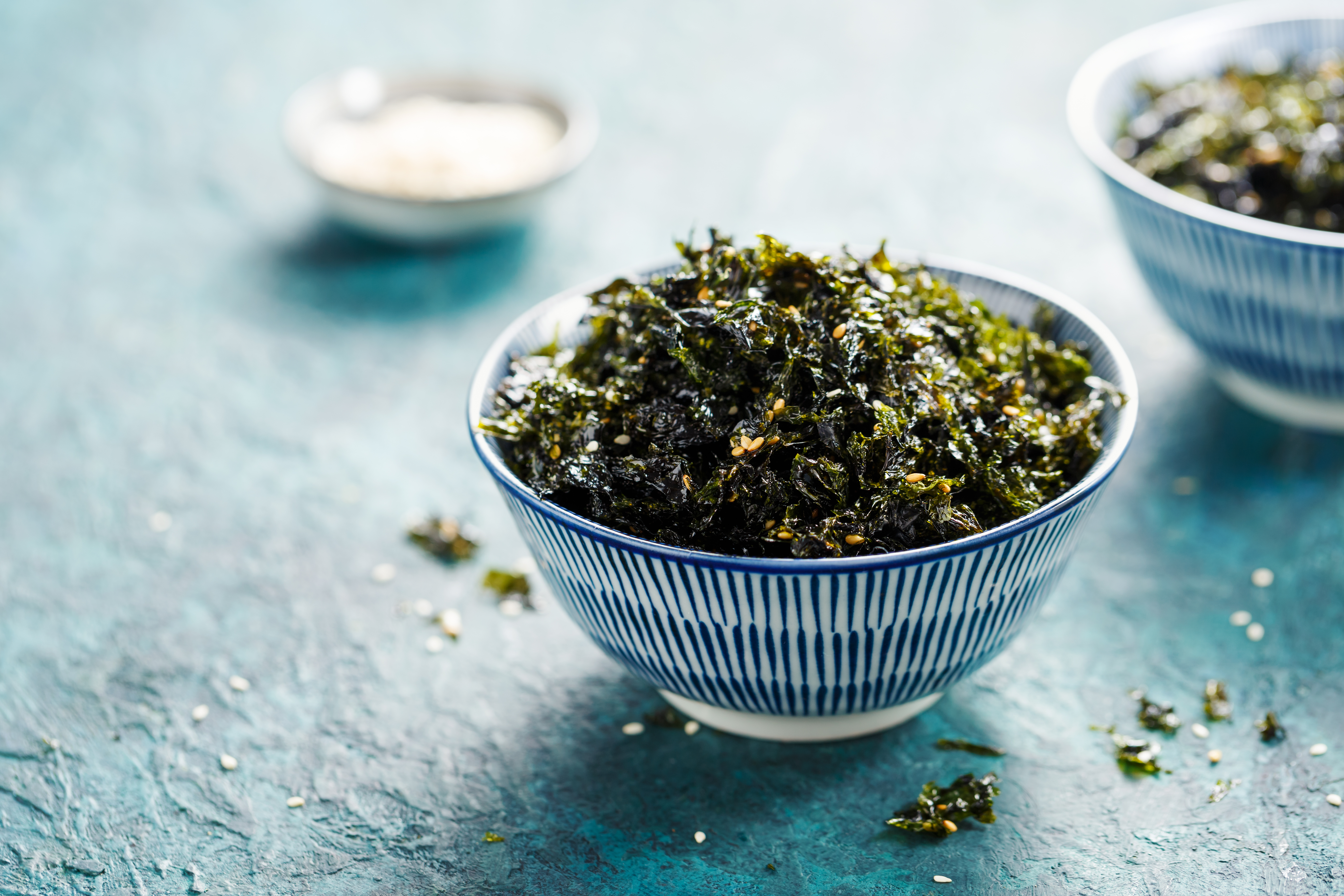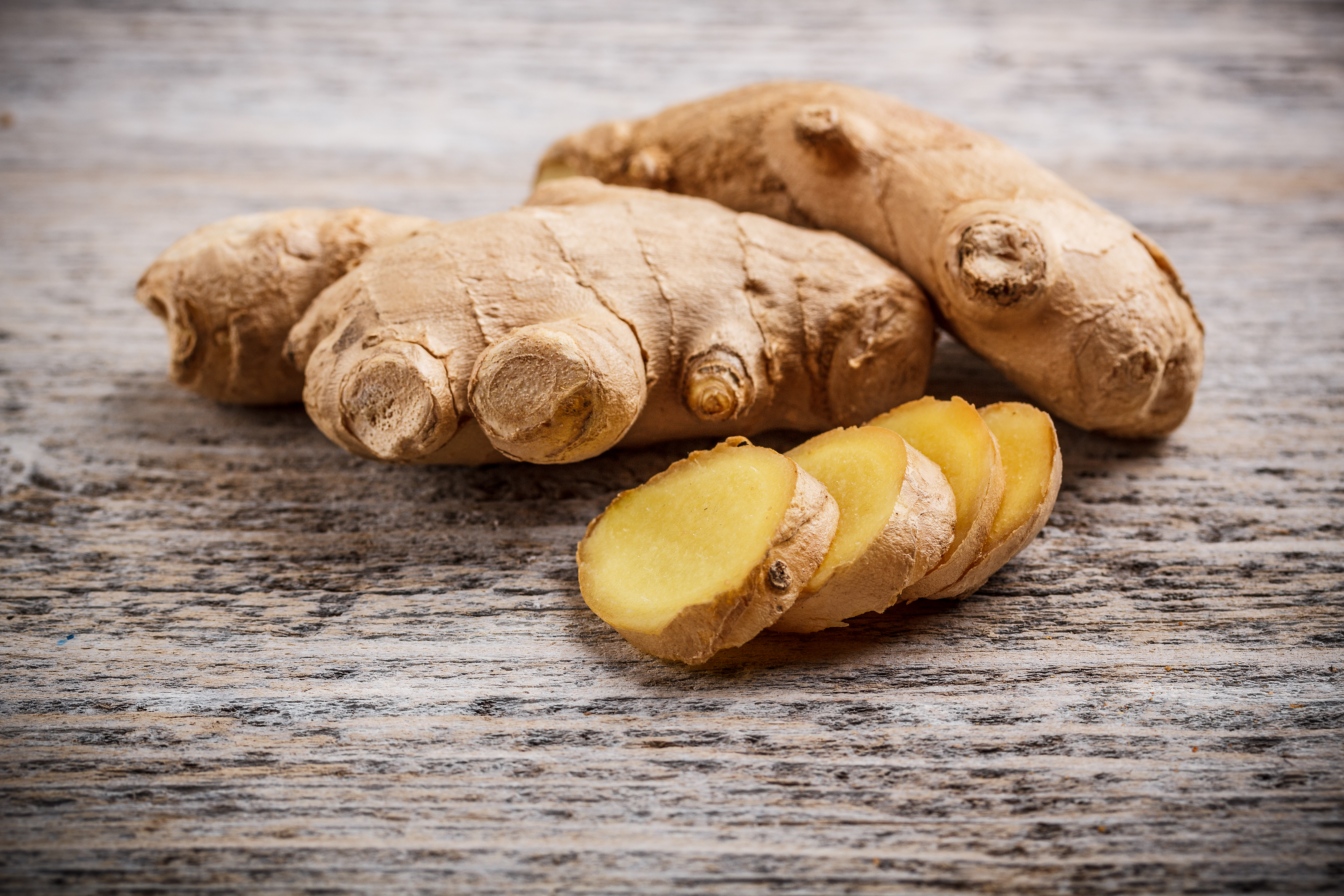Best Foods To Supercharge Your Gut Microbiome
11. Seaweed: The Ocean's Gift to Gut Health

Seaweed is a unique and nutrient-dense food that offers a wealth of benefits for the gut microbiome. This ocean vegetable is rich in fiber, vitamins, minerals, and antioxidants, making it an excellent choice for supporting gut health. The fiber in seaweed acts as a prebiotic, feeding beneficial bacteria and promoting their growth. Additionally, seaweed contains unique polysaccharides that have been shown to support the health and diversity of the gut microbiome. The consumption of seaweed has been associated with a more diverse and resilient gut microbiome. The fiber and polysaccharides in this food help to increase the production of short-chain fatty acids, which are essential for maintaining the integrity of the gut lining. Additionally, seaweed contains a range of phytochemicals that have antioxidant and anti-inflammatory properties, further promoting gut health. By incorporating seaweed into your diet, you can support a balanced and thriving microbial community. Seaweed can be enjoyed in a variety of ways, from added to soups and salads to used as a wrap for sushi or snacks. It can also be ground into a powder and used as a seasoning or supplement. When choosing seaweed, opt for sustainably sourced options to minimize environmental impact. By making seaweed a regular part of your diet, you can nourish your gut microbiome and support overall well-being.
12. Ginger: The Soothing Digestive Aid

Ginger is a soothing and aromatic spice that offers a wealth of benefits for the gut microbiome. This root is rich in bioactive compounds, including gingerol and shogaol, which have been shown to support digestive health and reduce inflammation. Ginger has been used for centuries in traditional medicine to treat digestive issues, and modern research supports its effectiveness in promoting gut health. The consumption of ginger has been associated with a more diverse and resilient gut microbiome. The bioactive compounds in ginger help to reduce inflammation in the gut and support the health of the gut lining. Additionally, ginger has been shown to stimulate the production of digestive enzymes, enhancing digestion and nutrient absorption. By incorporating ginger into your diet, you can support a healthy gut environment and enhance digestive health. Ginger can be enjoyed in a variety of ways, from added to teas and smoothies to used as a spice in cooking. It can also be grated or sliced and added to salads, soups, or stir-fries. When using ginger, opt for fresh or minimally processed options to maximize its health benefits. By making ginger a regular part of your diet, you can nourish your gut microbiome and support overall well-being.
